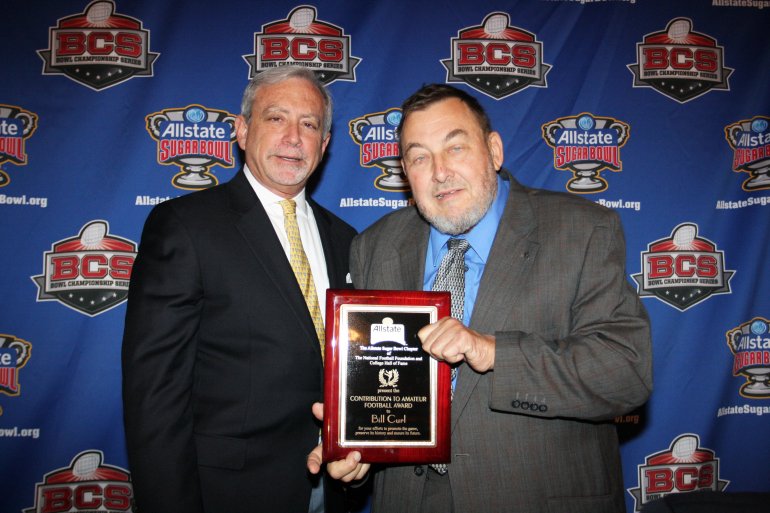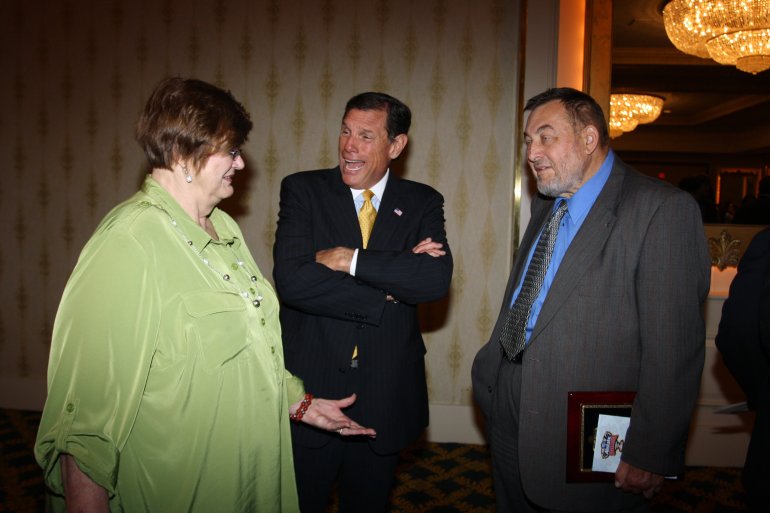NEW ORLEANS — There are a lot of movers and shakers in metro New Orleans, some of them self-professed, some just letting their actions do the talking.
Former Superdome public relations chief Bill Curl was cheerfully in the latter. Curl died Friday morning at the age of 77. He will be missed tremendously. And his contributions to New Orleans and its incredible sports culture will stand for a very long time.
I first met Bill Curl when he was the PR man for Tulane athletics. One of our tours as a journalism class at Loyola was to the Tulane Stadium press box.
If there were any doubts of pursuing a career in local TV, there were none after making the journey to the open air press box. As Bill Curl explained to students what he did, I saw the 80,895 seat bowl from a far different perspective.

Later, Bill Curl would open a lot of doors for hundreds of reporters.
If I had a question and he didn’t have the answer, he would call me back. That doesn’t seem like much, but it seems to be a lost cause in today’s world. When you were a reporter on deadline, Bill Curl was golden.
In his final years, Curl worked in public relations at John Curtis Christian school. His preseason breakout of the Patriots, including schedule, depth chart, and notes was a product of his sports information pedigree.
Again, he knew what you needed, and he got it for you.
A pro’s pro was Bill Curl.
But Curl’s biggest contributions were at the Superdome.
He was instrumental in bringing the Superdome Classic to life.

When St. Aug played Jesuit for the 4A championship in the dome in 1978, Bill Curl was front and center. He helped bring the Classic, the championship game in every class, to fruition three years later. The man was a visionary.
About that time, the Krewe of Endymion was having difficulty securing a spot for its Extravaganza. Curl and the Superdome folks huddled with the Krewe and came up with idea of parading in the dome.
That idea changed Mardi Gras forever.
But Curl’s biggest win, period, was his role in the creation of the domed stadium Final Four.
In 1982, Georgetown, North Carolina, Louisville, and Houston played in the first ever Dome Final Four. The games were an enormous success. On a Monday night in the Superdome, a legend began when Michael Jordan hit the game winning jumper that got the Tar Heels past the Hoyas.
Bill Curl’s hands were all over that Final Four. He helped convince the NCAA that yes, it could happen, and it would be great.
Both of Curl’s boys, Rocky and Scott, played for JT Curtis.
Curl grew from a parent at the school to a trusted confidant.
“He was a big thinker,” said JT Curtis. “And, he had no agenda.”
We all want to lead a life of significance. In that regard, Bill Curl succeeded, wildly.




